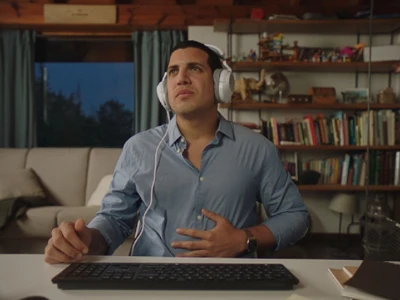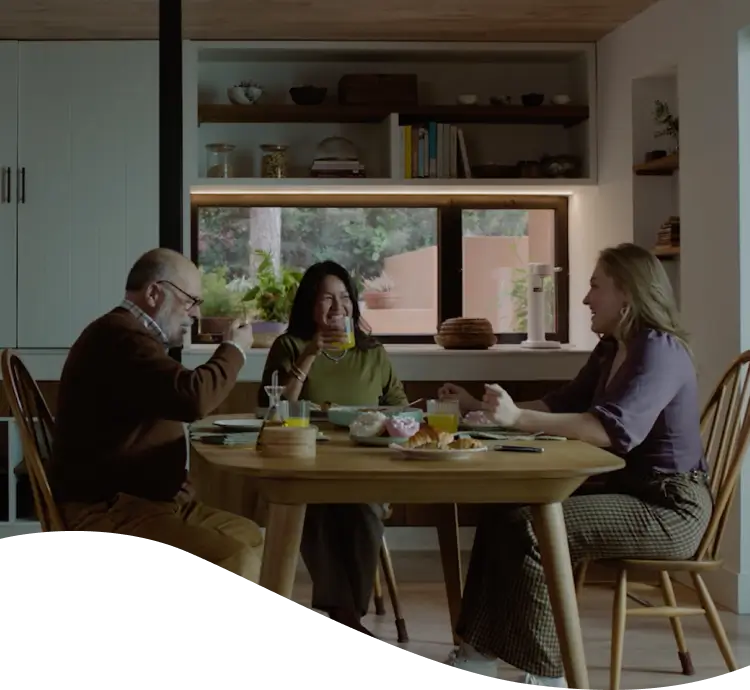See our advice and tips on living a less stressful life. Breathe a sigh of relief and you could avoid painful and embarrassing abdominal symptoms.


Your Diet and IBS
Topics
Enjoying a great meal or having drinks with friends are among great life’s pleasures. But, some food and drink can trigger abdominal symptoms such as IBS or stomach pain. The right diet can make a huge difference – and help avoid flare ups. Make sure you know the best diet for your IBS.
Although they can be tempting, fatty foods or alcohol can become a nightmare when they trigger IBS. If severe, the pain can ruin your day. Learn about your diet and IBS here.
Eating excessively
You had a great meal, but you ate too much. Now your stomach is in pain or bloating.
You enjoyed some high-fat food – like chips or nachos. But now your gut is in overdrive, trying to digest it, and you’re feeling uncomfortable.
A busy day
You had lots of meetings and skipped meals, quickly eating crisps on the go. Your stomach isn’t happy.
What you eat or drink can trigger abdominal discomfort, such as bloating or IBS cramps. To alleviate the pain, it’s important you understand your symptoms and learn about your diet and IBS.
How to get a healthy gut
Don’t let abdominal discomfort and IBS stop you from enjoying your life. Follow these tips to put yourself back in control.
Strike a balance.
It’s good to eat regular meals and take time to eat. It’s also helpful to avoid greasy food. Keep it low fat to avoid aggravating your sensitive bowel.
Know your limits.
Don’t eat too much to avoid abdominal discomfort.
Stay hydrated.
Drinking water helps you feel full – so you should eat less and feel better. Stay away from fizzy drinks to avoid aggravating your symptoms. Also cut down on alcohol which can be a trigger for some people
Staying active helps keep your stomach healthy.
.webp 0w)
Learn more about stomach pain